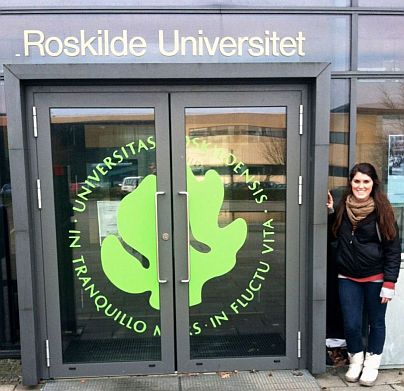|
College students don't pay for college here. It's more than that actually. It's they're effectively paid to go to college which covers their living expenses, not weighing them down paying back hefty student loans after they graduate (which is the way the system works back in the United States).
But it's more than this also. It's the European Union is so generous in this regard that students like Alexandra from other countries can apply for full ride scholarships which cover 100% of all tuition and transport and living expenses, with no contractual obligation to pay them back.
It's this spirit of generosity and sharing, all for the good of the possibility of education and cultural exchange which is so completely incredible that it takes a long, long time to fathom. Clearly it's possible. They're doing it here. They've been doing it here for many, many years. I'm just not used to it - that's all.
And so I find myself questioning: if they can do it here, then why can't we do it everywhere? And especially: if they can do it here in tiny Denmark, then why can't we do it back in the mighty United States of America?
